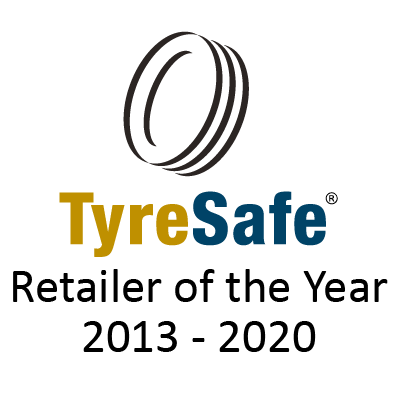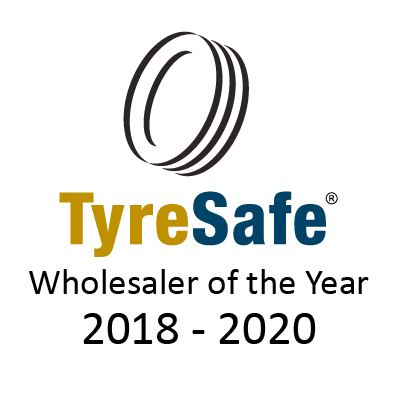It’s a piece of equipment that you hope you never have to use, but a modern defibrillator can save lives.
It is with this in mind that the Logistics Senior Management Team have taken the welcome step of investing in Automatic External Defibrillators (or AEDs) across the MTS Depots.
To help someone experiencing a cardiac arrest effectively, a defibrillator needs to be found and applied as quickly as possible; with each minute the chances of survival reduce.
National Operations Manager Shane Sadler said the introduction of the equipment was priceless.
“We care about the welfare of our staff and combined with a comprehensive approach to first aid training, these purchases reinforce our ongoing commitment to our employees’ health and wellbeing.
“Hopefully we will never need to use the defibs, but this vital piece of equipment could one day be crucial to a colleague or friend.”
All the machines are automated, contain step-by-step instructions and are portable. A ‘shock’ will only be applied after reading the heart rhythm of the collapse and is appropriate to do so. Importantly, and in line with guidance, there shouldn’t be any physical contact with the patient whilst the shock is being applied.
Designed to be operated from within its yellow carry case, the AED can be quickly grabbed and taken to the location needed. The green on/off button below the heart button initiates a commentary which provides step by step instructions to attach the chest pads. Pressing the heart button itself deploys the shock treatment when recommended.
Halifax Site Manager Andrew Davy said the defibs would bring peace of mind to many staff.
“This is a great lifesaving investment for colleagues. We have packed small towels, resuscitation face masks, disposable gloves and scissors in case clothing needs to be cut. Everything is in place for an emergency.”
The defibrillators can be used by non-trained staff as well as those who have received Emergency First Aid training. However, in all such instances it is strongly recommended that a First Aider is on hand for applying cardiopulmonary resuscitation (CPR) while the AED is being fetched and prepared.
As in all emergencies it is important to stay calm and remember the basics. Always assess the immediate area for potential dangers (live electricity cables, falling objects, site traffic), and dial 999 to get professional help as quickly as possible.
The British Heart Foundation website quotes more than 30,000 out of hospital cardiac arrests in the UK each year. A cardiac arrest is where the heart has literally stopped pumping blood around the body as opposed to an abnormal heart rhythm caused by a heart attack, which is often the precursor to a full-blown cardiac arrest.

